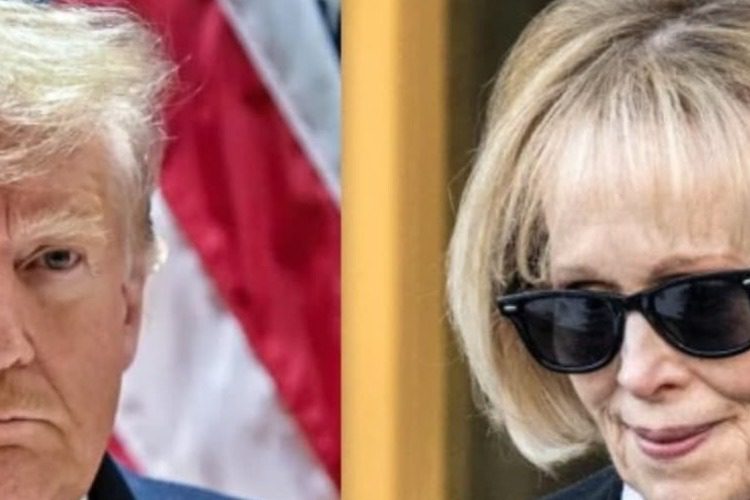President Trump Asks the U.S. Supreme Court to Reverse the $5 Million Liability Ruling in the E. Jean Carroll Sexual Abuse and Defamation Case
In a dramatic turn that spotlights the intersection of politics, power and the courts, President Donald J. Trump has formally asked the U.S. Supreme Court to overturn the civil verdict that found him liable for sexual abuse and defamation of writer and columnist E. Jean Carroll. According to court filings in late October and early November 2025, Trump’s legal team submitted a petition for a writ of certiorari to review the judgment that emerged from the multi-trial saga between Trump and Carroll. What was once a high-stakes legal drama has now entered its next chapter — one that could reshape presidential liability, civil justice and the boundaries of immunity.
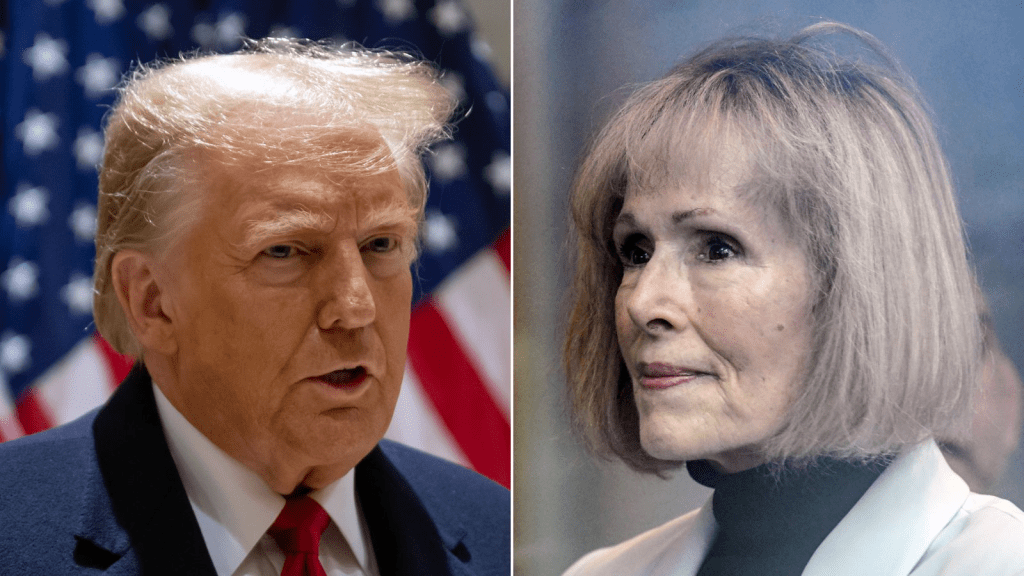
It is important to trace how this case reached such a consequential moment. Carroll first sued Trump in 2019 after she alleged he sexually assaulted her in a New York department store during the mid-1990s. Trump denied the claim and responded publicly with statements that became the focus of her defamation suit. In May 2023, a U.S. jury found Trump liable for sexual abuse and defamation, awarding Carroll approximately $5 million in damages. A second proceeding, focused on defamatory statements Trump made in his capacity as president, led to a jury awarding Carroll more than $83 million in damages; in September 2025 the Second Circuit Court of Appeals upheld that $83.3 million judgment, rejecting Trump’s argument that presidential immunity shielded him from civil liability. The hearing record shows that on August 28, 2025, Trump applied to extend the time to file his Supreme Court petition, signaling his intention to challenge the lower-court rulings and the broader legal framework that produced them.
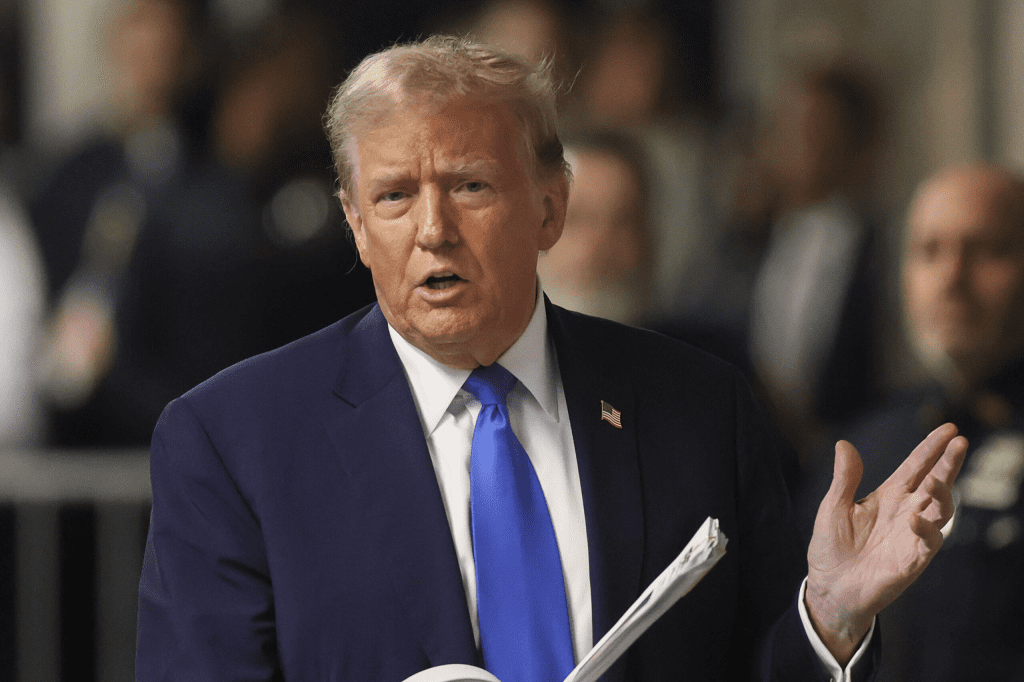
With the petition now filed, the Supreme Court faces a decision: will it take the case and hear the arguments, or will it deny review and let the lower-court rulings stand? Legal experts say granting certiorari would thrust the justices into deeply contested legal waters — namely, whether a sitting or former president may claim immunity from civil suits for conduct that falls outside official duties, and whether a jury verdict of this nature imposes too heavy a burden on the presidency or safeguards accountability. In his petition, Trump’s attorneys argue that the verdict raises “serious constitutional questions” about the separation of powers, the office of the presidency and fairness in civil-rights litigation. They contend that the defamation trial proceeded under a legal premise that turned on Trump’s actions as president, and therefore should fall under qualified immunity or some presidential immunity doctrine.
In contrast, the lower courts have held that the claims against Trump were personal in nature — not acts of office — and thus not protected by presidential immunity. In the September 8, 2025 Second Circuit decision, the court described Trump’s conduct as “extraordinary and unprecedented,” noting that the jury’s punitive damages award of $65 million (out of the $83.3 million total) reflected the “degree of reprehensibility” of his statements. The court reaffirmed that civil liability for defamation and sexual abuse claims may apply even to a former president, if the conduct falls outside his official duties — a principle that stands at the heart of the dispute.
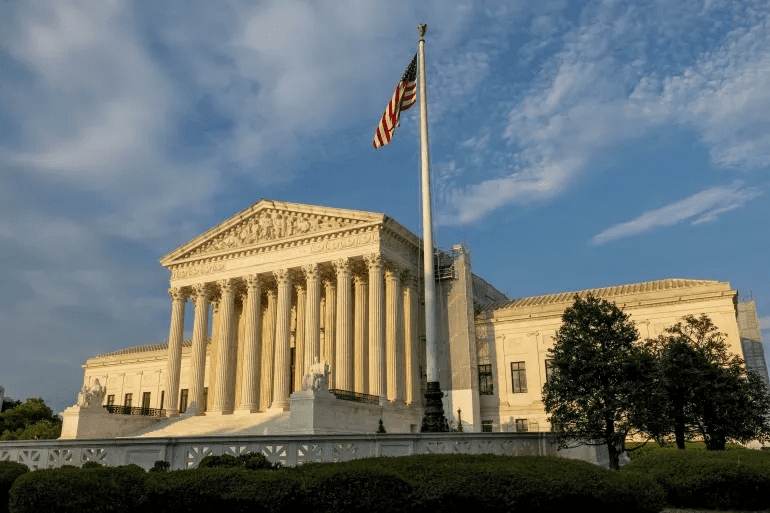
For Trump, the stakes are profound. A Supreme Court reversal would not only set aside the multi-million-dollar verdict, but might affirm broader protections for presidents against civil actions. A denial of certiorari, or a hearing followed by affirmation of the ruling, would reinforce the notion that the presidency does not place one beyond civil accountability for personal misconduct. The outcome could ripple through future litigation involving ex-presidents, even touching how civil justice interacts with power in the modern era.
Beyond the legal technicalities, this case has become a symbolic battleground. Trump and his supporters view the litigation as part of a larger narrative of political persecution — the idea that his adversaries weaponised the courts and civil process against him. “The system is rigged,” has been a recurring theme in his public remarks, and the decision to petition the Supreme Court reflects his readiness to escalate the fight. Carroll and her legal team, by contrast, argue that the verdict vindicated her truth and the rule of law, insisting that no one, not even a former president, is exempt from accountability for personal wrongdoing.
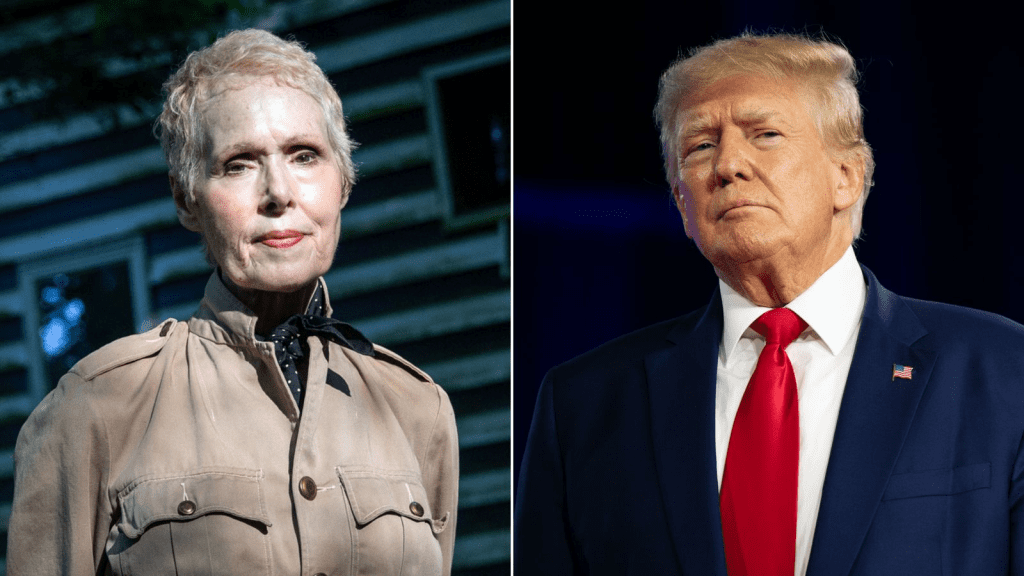
In the courtroom and in public debates, the case remains polarising. Beyond the verdicts and appeals, it has ignited questions about the role of civil litigation, media coverage, and the interplay of politics and personal claims. The heavy-dollar awards, the intertwining of defamation claims and presidential speech, and the question of immunity have combined to turn what began as a personal dispute into a major test of institutional principle.
At its essence, the petition places two competing values in tension: on one hand, the need to protect executive function and avoid chilling presidential speech and action; on the other, the imperative to hold powerful figures to account when allegations of abuse and defamation are proven in civil court. The Supreme Court’s decision whether to review the case may itself speak volumes about how the judiciary views that balance at a moment of intense political division.
As the nation watches, one thing is clear: the case will not fade quietly. Whether the Court takes it up or leaves the judgments intact, the questions raised will echo through future presidential terms, civil-rights struggles and public expectations of accountability. For E. Jean Carroll the verdict stands for recognition of harm and for the possibility of justice. For Donald Trump the petition reflects a high-stakes gamble that his legal team must win to reshape his legacy and secure broader protections. And for the American public, the journey underscores that in a democracy, even the most powerful must navigate the courts — and that the final pages of this chapter may yet be written.
